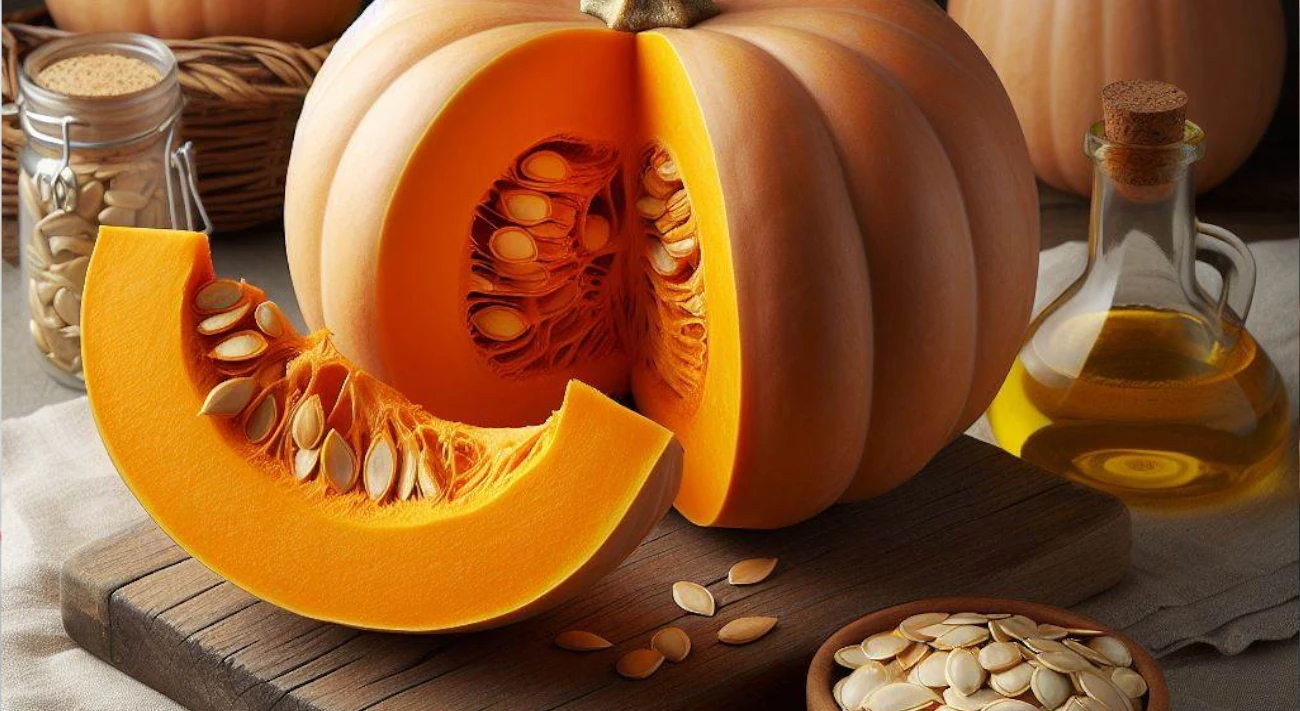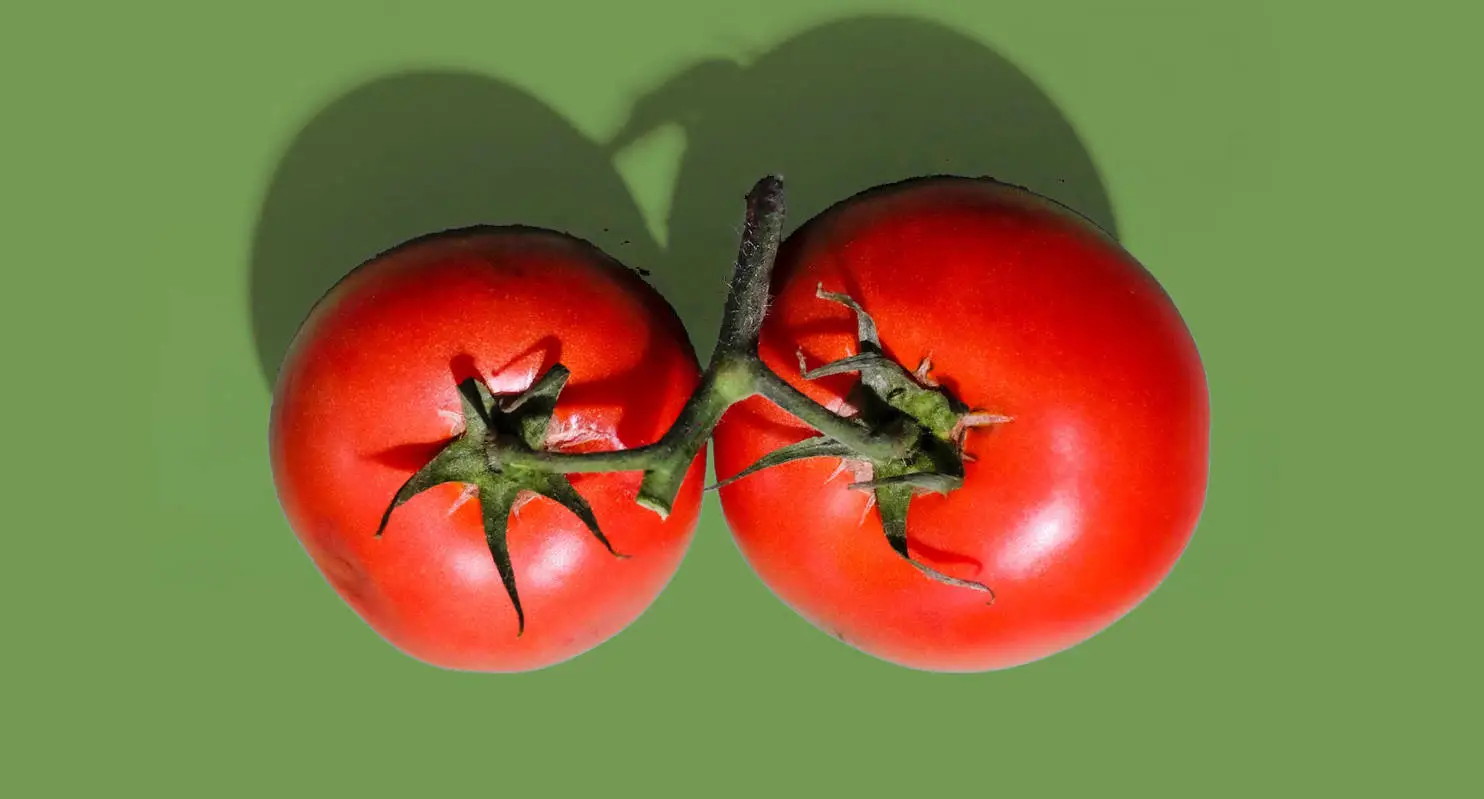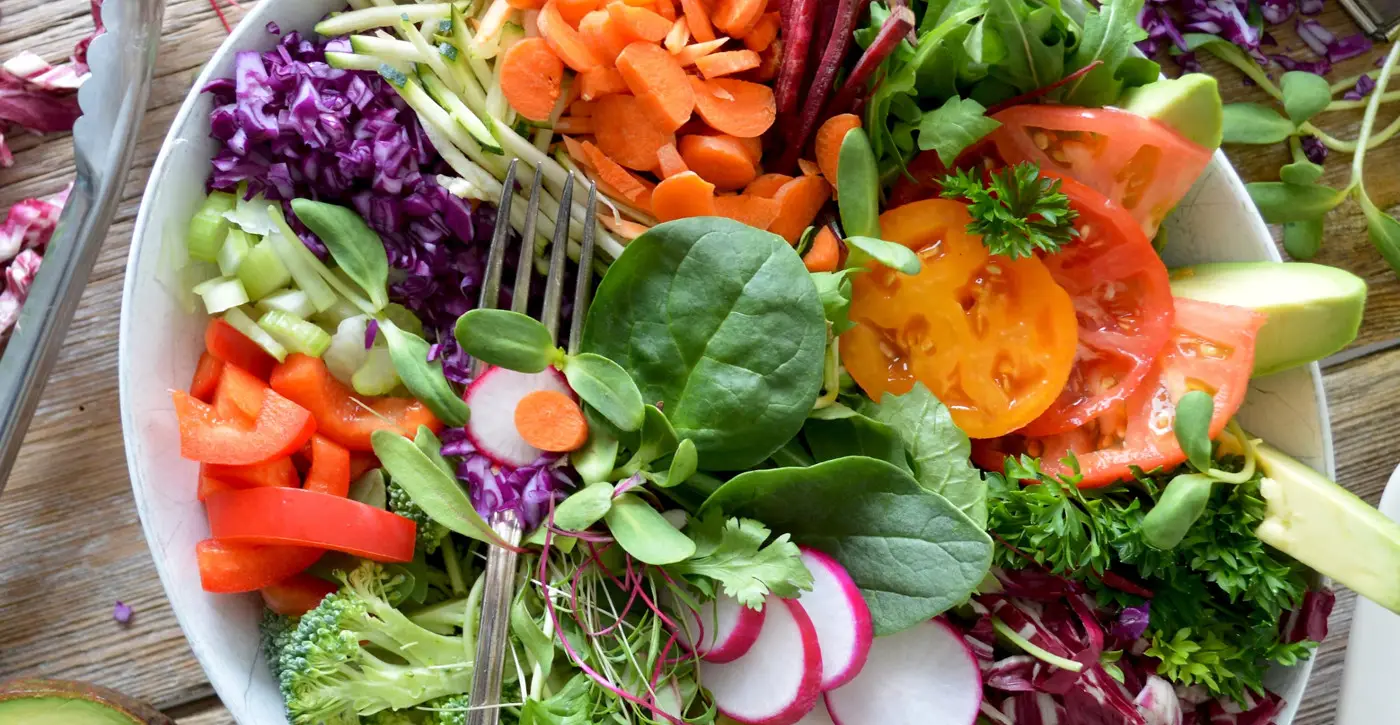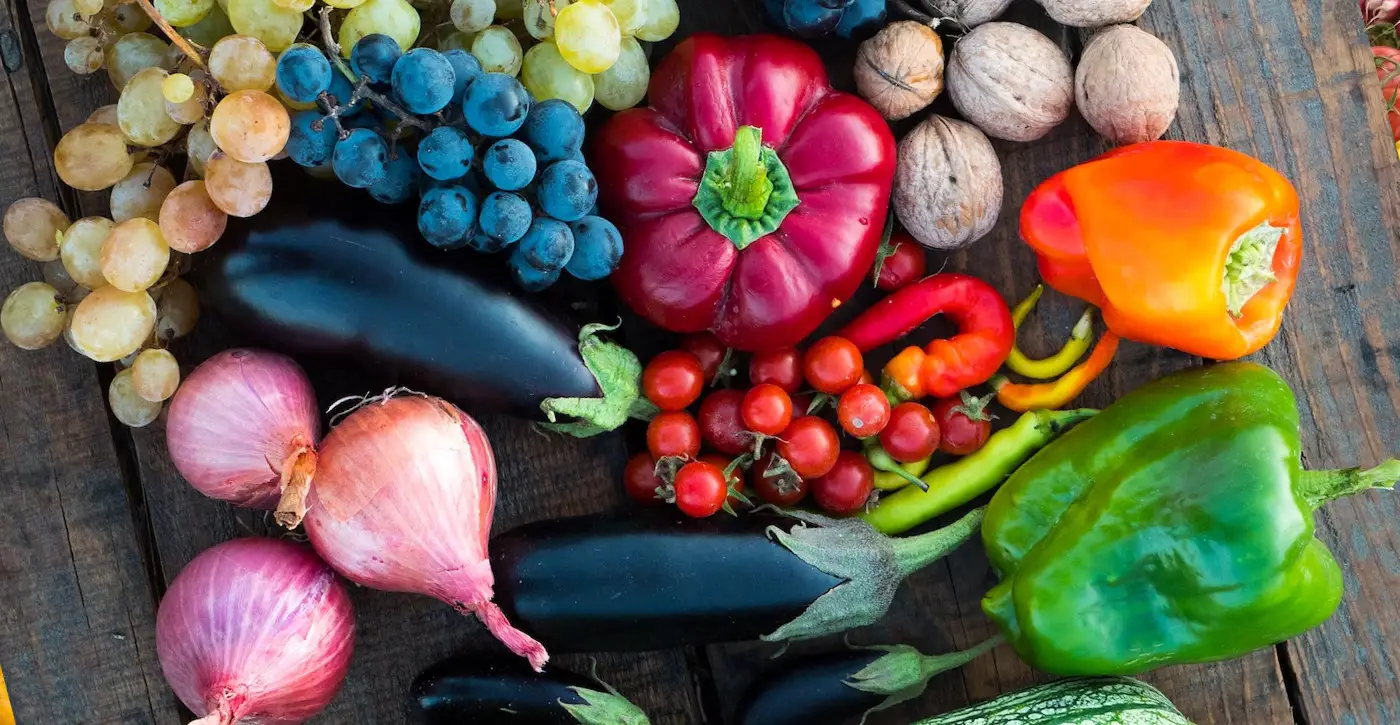Zucchini Lysine and Arginine Info Sheet
Overview
Zucchini, also known as courgette, is a summer squash that belongs to the gourd family. It has a mild flavor and a high water content.Zucchini is low in calories and rich in vitamin C, potassium, and antioxidants.
It can be eaten raw, cooked, or baked in various dishes. Zucchini can also be spiralized into noodles or shredded into fritters.
| Name | Lysine (mg/100g) | Arginine (mg/100g) | Ratio |
|---|---|---|---|
| Zucchini | 35mg | 27mg | 1.296 |
Zucchini contains 35mg of Lysine and 27mg of Arginine per 100g of product.
This means Zucchini has a high Lysine-Arginine ratio of 1.296.
Because Zucchini contains slightly more lysine than arginine, increasing its consumption may benefit people who suffer from herpes, as it may boost the immune system.
Lysine Considerations
Zucchini is not a good source of lysine, as it only provides about 2.5% of the recommended daily intake (RDI) per 100g.
Lysine is an essential amino acid that plays a role in protein synthesis, collagen formation, and immune function.
It is one of the nine amino acids that your body cannot make by itself, so it has to come from the food we eat.
Lysine has many functions in the body, such as helping with growth, healing, energy, immunity, and collagen production.
Lysine may also have some effects on the herpes virus, which causes cold sores and genital sores.
Studies have suggested that taking lysine supplements or applying lysine cream may help prevent or treat these infections by blocking the amino acid arginine, which the virus needs to grow.
Arginine Considerations
Zucchini is also low in arginine, another amino acid that is involved in protein synthesis, wound healing, and nitric oxide production.
Arginine can help lower blood pressure, improve blood flow, and support erectile function.
Zucchini provides about 1.8% of the RDI for arginine per 100g.
Arginine can boost your wellbeing and performance, such as lowering your blood pressure, healing your wounds, and boosting your exercise endurance.
Arginine can be made by the human body or obtained from foods like meat, dairy, nuts, and soy.
Unfortunately, the herpes virus is known to "feed" on arginine, and having a diet higher in arginine than lysine may increase the occurrence and severity of cold sores and herpes outbreaks.
Lysine-Arginine Ratio
Zucchini has a slightly higher lysine-arginine ratio than 1, which means it has more lysine than arginine.
This may be beneficial for people who suffer from herpes simplex virus (HSV) infections, as lysine can inhibit the replication of the virus, while arginine can stimulate it.
However, the amount of lysine in zucchini is too low to have a significant effect on HSV.
Both lysine and arginine are essential for protein synthesis and various other bodily functions.
They, however, have opposing effects on the herpes simplex virus, which causes cold sores and genital herpes.
Lysine can stunt the replication of the virus, whereas arginine can stimulate it.
Thus, a diet rich in foods with a high lysine to arginine ratio may help reduce the occurrence and severity of herpes flare-ups.
Foods that have a high lysine-arginine ratio include dairy products products, fish, poultry, fruits, and vegetables.
These foods can provide the body with enough lysine to compete with arginine and inhibit the virus from replicating and causing flare ups.
Dietary Considerations
Most vegetables are somewhat low in in calories and a great source of in vitamins, minerals, and antioxidants.
Many vegetables have more lysine than arginine, such as beets, turnips, tomatoes, soybean sprouts, potatoes, celery, sweet potatoes, squash, and green beans.
These vegetables can help prevent or treat herpes outbreaks, as lysine can suppress the herpes virus.
Other vegetables have more arginine than lysine, such as peas, carrots, broccoli, cauliflower, and mushrooms.
These vegetables can still be consumed in moderation, as they have other health benefits.

For example:
Eating a balanced and nutritious diet that supports your immune system and reduces inflammation.
This means consuming plenty of fruits, vegetables, whole grains, lean protein, and healthy fats, and avoiding processed foods, added sugars, alcohol, and caffeine.
Avoid alcoholic beverages and caffeine which can overstimulate your body, leave you dehydrated, and compromise your immune system.L-lysine supplementscan help you prevent herpes outbreaks and stop a cold sore before it develops by depriving the virus of arginine, which it needs to form a cold sore.
Other food supplements, such as vitamin C, zinc, selenium, and antioxidants, can help you boost your immunity and protect your cells from oxidative stress.
Your immune system can be weakened and inflammation can be increased by foods that can cause allergic reactions or sensitivities, such as gluten, dairy, nuts, eggs, or shellfish.
Avoid these foods to avoid outbreaks.
Try eating foods that can enhance your immune system and reduce inflammation to avoid outbreaks.
Some of these foods are honey, yogurt, aloe vera, and chamomile.
They can also help you with your symptoms by easing pain, swelling, and itching, and accelerating your recovery.
Check more food information






